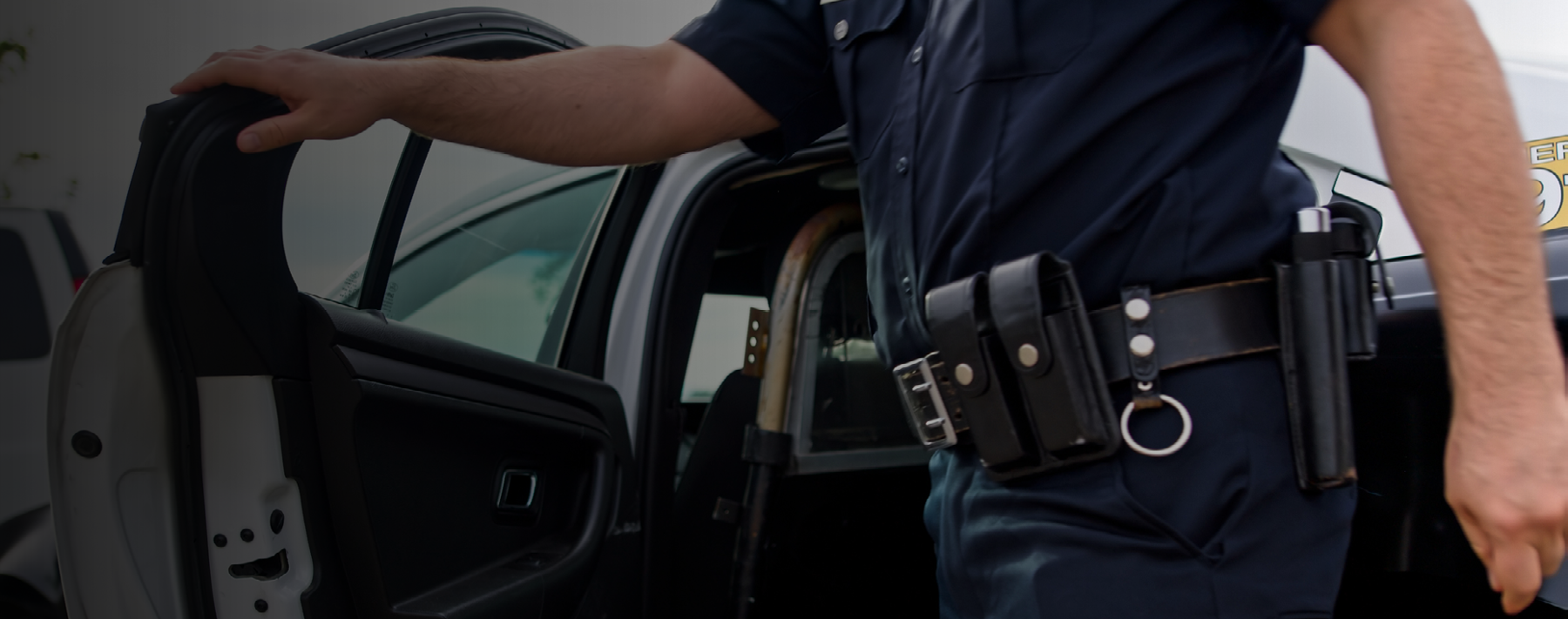McCord v. Nevada, 2023 WL 8943915 (Nev. 2023)
The Latin legal maxim, de minimis non curat lex, means the law does not bother with trivial matters. Though the phrase dates back to Venetian courts during the Renaissance, courts are still messing around with trivial trifles. But does the law really not care about trifles? In this case, the trifling matter favored an alleged drug dealer who covered up the name of the Nevada state song, Home Means Nevada, a lovely little country ditty.
Officers learned from a confidential informant (CI) that David McCord might be in possession of a large amount of methamphetamine. To protect the CI’s identity, an investigator asked a patrol deputy with a drug detector dog to conduct a wall stop. The deputy spotted McCord and noted his license plate was encased in a dealership frame that partially covered the state motto and partially obscured the state name printed on the license plate. The registration number was plainly visible. The deputy concluded the license plate frame violated state law requiring the plate be “clearly visible” and “free from foreign materials.”
The deputy watched McCord and did not observe any traffic violations. The deputy stopped McCord, told him he would issue a written warning, and asked McCord to step out so the deputy could show him the violation. After McCord got out, the deputy frisked McCord and found a scale with white crystalline residue in McCord’s pocket. The deputy asked McCord for consent to search the vehicle and McCord refused.
Another deputy arrived and took over writing the warning. The first deputy directed his dog to sniff the exterior of McCord’s car. When the dog gave a positive indication for the odor of controlled substances, the deputies searched the car and found 187 grams of methamphetamine. McCord was charged with distribution of drugs. He asked the trial court to suppress the evidence, claiming the stop lacked probable cause. The trial court refused and McCord was convicted.
The deputy concluded the license plate frame violated state law requiring the plate be “clearly visible” and “free from foreign materials.”
The Nevada Supreme Court reversed the trial court’s denial of the suppression motion and vacated McCord’s conviction. The prosecution conceded the stop was pretextual—aimed at catching McCord with drugs—but argued the violation justified the stop. The Nevada Supreme Court observed that car dealers often encase license plates in dealership frames and “many people attach frames to show allegiance to a social group, alma mater, or sports team as a means of self-expression.” The Court held the requirement that license plates “be maintained free from foreign materials” should be interpreted “considering common sense,” and did not include license plate frames. In this case, the Court concluded it was sufficient that the registration number and state of origin were visible.
The unanimous court opinion cited numerous similar decisions from other state and federal courts. The fact there are dozens of cases about license plate frames tells us that maybe the law does care about trifles. The deputy was well-informed about state license plate requirements. And now we all know that license plate frames can lawfully cover up “Home Means Nevada,” the Nevada state song. In case you’re really curious, it is unlawful to completely cover the words “Garden State” on New Jersey plates (State v. Carter, 255 A.3d 1139 (2021)), and to cover the “Lone Star State” motto on a Texas plate while in Texas (State v. Johnson, 219 S.W.3d 386 (Tex. Crim. App. 2007)), but it is okay to cover up a Texas state motto if driving in the District of Columbia (Whitfield v. United States, 99 A.3d 650 (D.C. Cir. 2014)). Go figure!



